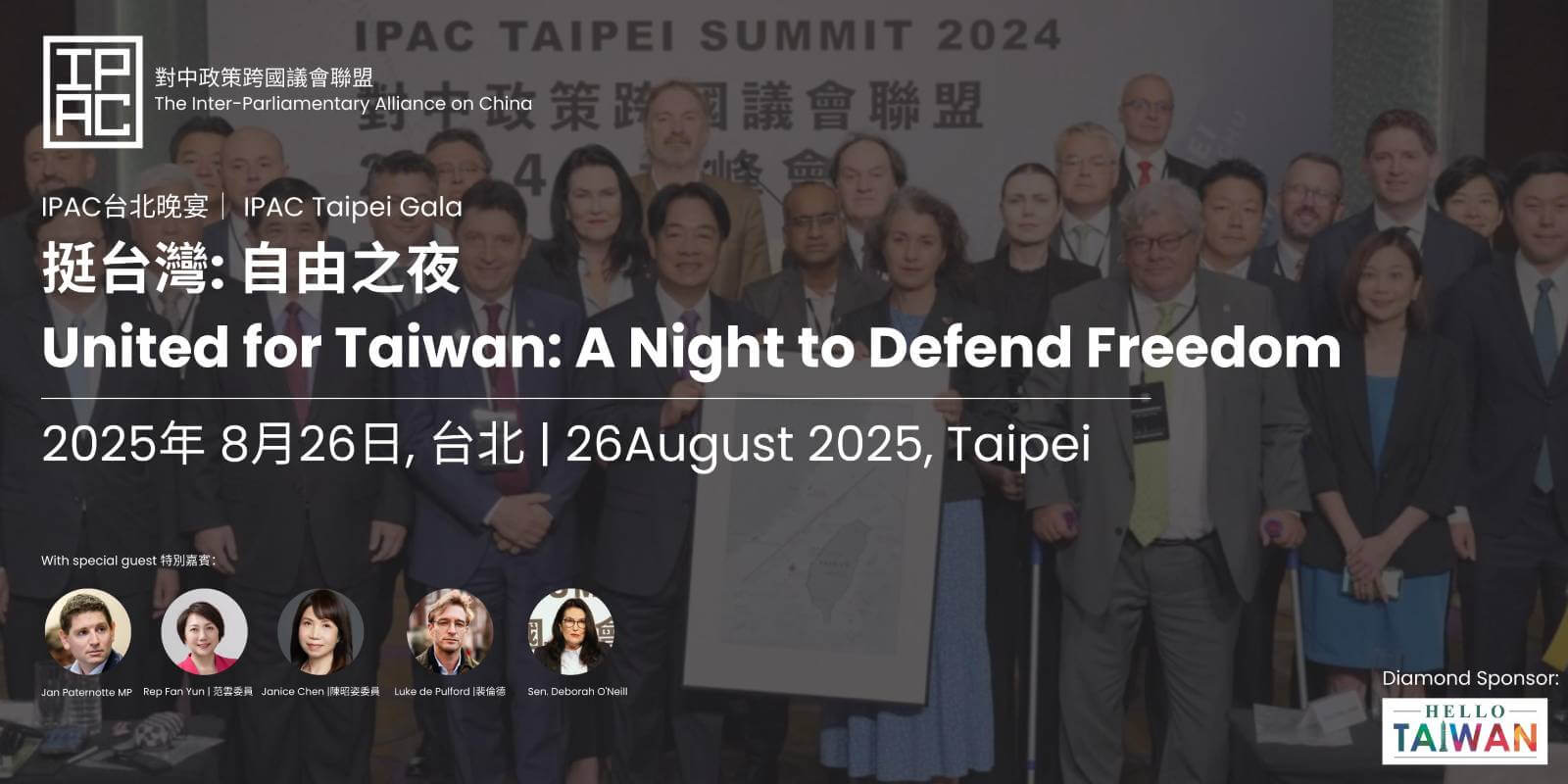Global Magnistky Sanctions

‘Magnitsky’-style sanctions regimes target the perpetrators of human rights abuses and corruption with asset freezes and travel bans. IPAC has launched a global campaign to advance and develop Magnitsky-style legislation globally.
Adoption
IPAC will campaign for the adoption of Magnitsky-style legislation in the following legislatures:
- Japan: IPAC will work with the Japan Parliamentary Alliance on China to support unofficial draft legislation which would enable a targeted human rights sanctions regime through amendments to existing immigration and foreign exchange laws.
- Australia: IPAC will press the Australian government to provide a legislative timetable for the promised introduction of Magnitsky-style sanctions legislation.
- Switzerland: IPAC will push for a Swiss Magnitsky Act following the conclusion of the report from the government’s working group examining the impact of the EU’s global human rights sanctions regime on Swiss law.
- New Zealand: IPAC will support efforts to bring Magnitsky-style legislation before parliament, building on backbench legislation presented earlier this year.
Development
In legislatures where Magnitsky-style legislation is already established, IPAC will campaign for the fair implementation and improvement of these regimes.
- Implementation: IPAC Members have made over 50 speeches in the US, EU, UK and Canadian parliaments, successfully calling for sanctions on PRC officials responsible for abuses in the Uyghur Region. IPAC will continue to call for further sanctions on perpetrators of abuse in the Uyghur Region, Tibet and Hong Kong.
- Parliamentary oversight: IPAC has supported the Launch of All-Party Parliamentary Group on Magnitsky Sanctions in the UK parliament and will aim to build parliamentary caucuses in European Union Member State parliaments to scrutinise the use of sanctions regimes and make recommendations for sanction designations.
- Democratic accountability: IPAC will support legislative efforts to build greater democratic accountability into Magnitsky sanctions regimes, including through requiring governments to respond to sanction designation requests from parliamentarians and civil society actors.

%20(1).jpg)




















